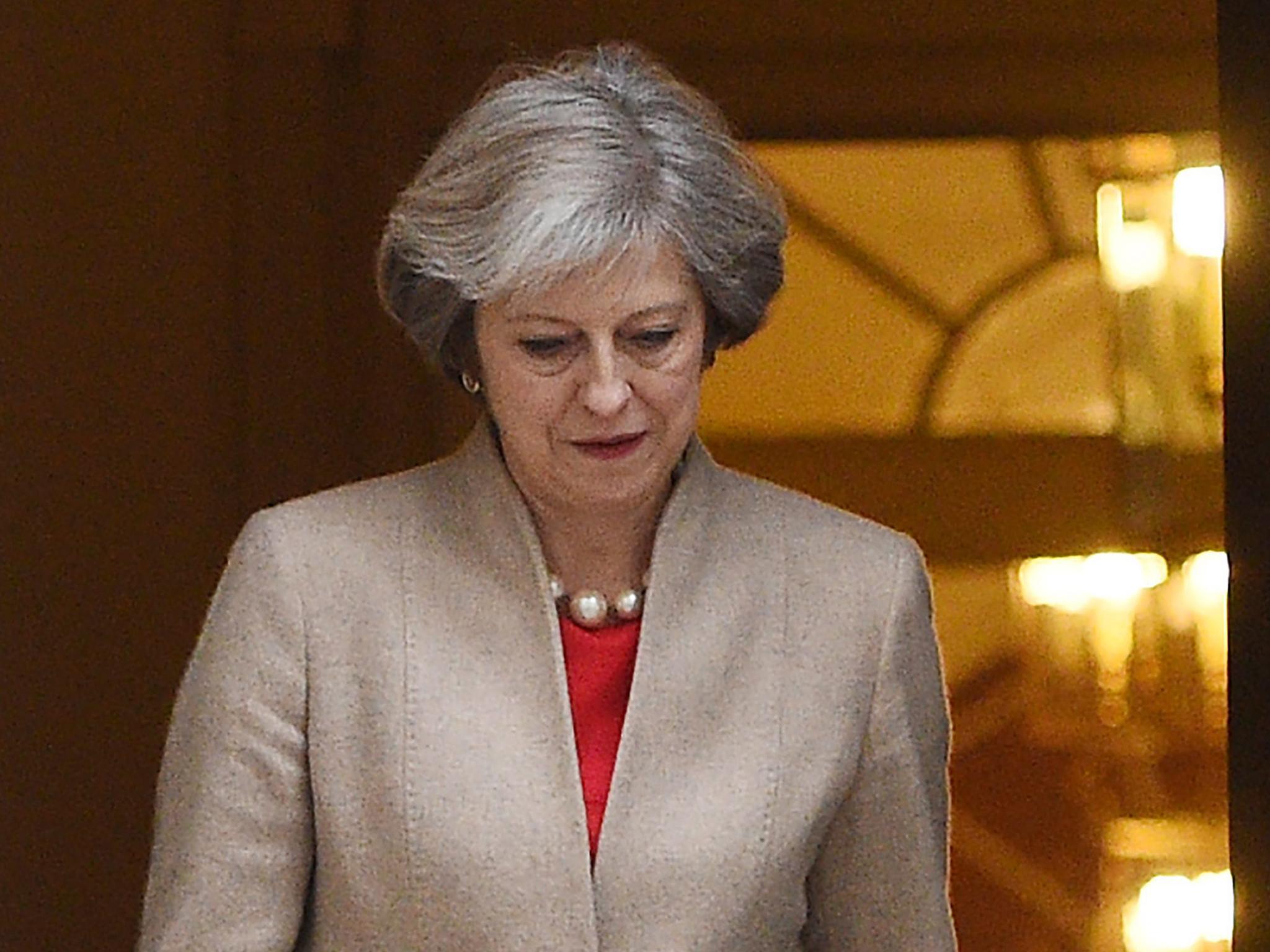Britain's Brexit prospects are not as catastrophic as Project Fear warned
The failure to reach an agreement with Europe, which is a real possibility, would be acceptable in the short-term and positive in the long. Out of the top five export markets, three are outside the EU


Next week we will learn the Brexit plan. Or rather we will get a feel for the balance of objectives that the UK has in seeking its divorce, for a) we would be very stupid ahead of tricky negotiations to reveal our red lines, and b) the other party will have ideas too about the split. Who gets the house? Who takes care of the children? How messy will the whole break-up be? But the Prime Minister will have to sketch what she thinks the best relationship might be – not so much what we want or unpleasant we think the tussle will be, but rather how might there be a more harmonious relationship in the future than there has been in the past.
So the thing to look for will be the extent to which the UK thinks the whole business could end up as a plus for both sides. In short, this is not a zero-sum game, or a negative for both, but rather a positive outcome for the continent of Europe as a whole.
If that seems Panglossian, consider this. A successful UK economy is good for Europe, and in the past few weeks there has been a shift in mood about the future of the UK post-Brexit. The key driver behind this has been the insouciant way consumers have shrugged off the supposed threat to their living standards. Now, this may be temporary: Armageddon may simply be postponed. But there has been a growing awareness, evident in share markets, that growth this year may be barely dented by political upheaval. There are several elements to this.
One, articulated by Mark Carney, is the Bank of England view that a hard Brexit would be more damaging to Europe than it would be to the UK. Now that is a negative sum game point, and I’m sure he is right that disruption in financial services is unequivocally a negative for everyone. But there is a growing feeling in the City that the worst-case scenario – that UK financial services deal with Europe on the same basis as they do with everywhere else – would not be too bad. As for Europe, the chief negotiator Michel Barnier is understood to have warned of financial instability in the Eurozone if the UK did not get a special deal maintaining European access to UK financial services.
A second comes from the universities, a section of society generally anti-Brexit. Here there have been two shifts. One is the realisation that non-EU students pay more than EU ones, and so financially higher education may actually benefit from Brexit if fewer EU students come. That is, of course, provided open access to universities is maintained. That is the big worry. The other point is that European research funding may have skewed collaboration away from the best US, Canadian, Australian and East Asian universities, and towards lower-ranked European ones. (On the QS ranking the top non-UK EU university comes in at 33.)
A third is the awareness that the failure to reach agreement with Europe, which is a real possibility, while not ideal would be acceptable in the short-term and positive in the long. Out of the top five export markets, three are outside the EU – they go the US, Germany, Switzerland, China and France in that order.

This has shifted the debate. The UK position is still unclear, even muddled as critics of Brexit assert. There is almost certainly a difference of emphasis between Philip Hammond and Theresa May, quite aside from the different objectives of the three Brexit ministers. But you can see the outlines of a deal that would work for all. The question is whether that deal can be struck.
So this week the question is whether Theresa May will go beyond outlining the UK position and start to sketch a wider vision for the UK as a harmonious partner of the EU. The phrase “Continental Partnership” was coined in a paper last summer by the Bruegel Institute, an influential Brussels think tank, to describe a Europe of an inner core and an outer ring, with the UK the initial member of the second group. I heard a former European Prime Minister talking privately about just such an idea at a meeting in Europe just before Christmas.
Legally there will be a divorce. There is no question about that. But it could be of a “living apart together” nature. We would still function as a couple, just a couple that needed rather a lot of space between us.
Join our commenting forum
Join thought-provoking conversations, follow other Independent readers and see their replies
Comments
Bookmark popover
Removed from bookmarks